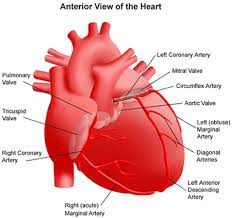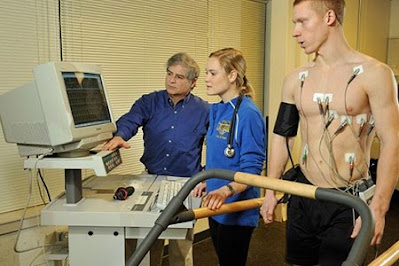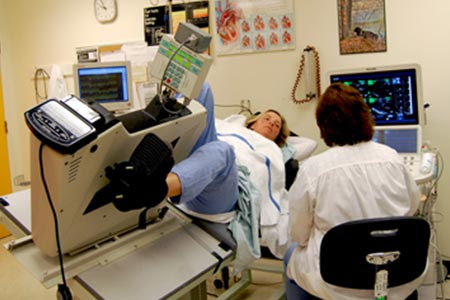Cardiologist: How To Find best one
Many
times, patients who come to us have gone from doctor to doctor only to find
that none of them seem able to help. This does not necessarily mean that your
doctor is a bad doctor or even a useless doctor, it simply means that you need
a different kind of doctor. The challenge with finding 'better doctors' is
this: There are a lot of bad doctors out there and most people do not know how
to find a better doctor. Worse, some people think they have found a good doctor
but what they really have is a bad one. In an effort to help patients get their
life back, I am writing this article for the public. The following are things
that everyone needs to know when finding, or checking on Cardiologist
in Delhi.
1
What is their specialty?
This
seems like a logical question and I am surprised to find patients who do not
really know what the term means. Doctors are classified by their field
according to level of training and how much they typically get paid for doing
procedures and surgeries. This classification is called the 'specialty'. For
example, a Cardiologist is considered a "heart doctor", or as we like
to say: "a heart surgeon without the knives and drills". A general
cardiologist (like myself), does not do cardiac surgery and typically will refer
patients needing such procedures to specialists. The reason we do not perform
surgeries is because we are "generalists", meaning we know a little
bit about everything, but not a lot about anything. Surgeons are considered
'specialists' because they focus on one organ system and usually that is the
heart.
2
What type of education and training does your doctor have?
This
is another logical question that we would like to think we know the answer to
when we go in for an appointment. Unfortunately, most people do not realize just
how complicated medicine has become and the level of training and expertise
required to be a good doctor. Therefore, if your doctor tells you "you need
an angioplasty", ask them what type of fellowship they did after their
residency. A fellowship is basically post-graduate training in a sub-specialty
or area of focus for that particular doctor.
3
What percent of their practice is dedicated to your condition?
However,
as patient need has increased due to the complexity of medical issues and the
specialization of treatments; doctors have had to adapt. This means that some
doctors are doing less of what they used to do (like seeing patients for
routine check-ups and physicals) and more of what they need to do (like seeing
patients who have complicated issues like cancer, diabetes or multiple
sclerosis).Therefore, you want to find a doctor that is very dedicated to your
specific condition. Ask them if they only see patients with heart disease in
their office. If the answer is yes, then that is great. If not, chances are
they will need to refer you out.
4 What percentage of their time do they spend doing procedures like surgery?
This
question is also aimed at helping you understand how 'hands-on' Cardiologist
in Delhi actually is. Most doctors these days only follow patients;
meaning they monitor your progress, prescribe medication and then send you off
to other doctors for procedures like surgery or chemotherapy. If you are having
surgery, make sure that the doctor who is preforming it has done at least 30-40
procedures in the past year. If not, find another surgeon because chances are
they have not perfected their craft yet and you don't want to be their first
case.
5 Do they have a Physician Assistant or Nurse Practitioner working with them? If so, how many hours per week do they work?
This
is the final question that I feel very strongly about because it can help you
determine if your doctor is "getting by" on their salary or actually
practicing quality medicine. Typically, a Physician Assistant or Nurse Practitioner
is an educated health care provider that has worked closely with a doctor for
several years and can run a clinic on their own without any assistance from the
physician.




Comments
Post a Comment